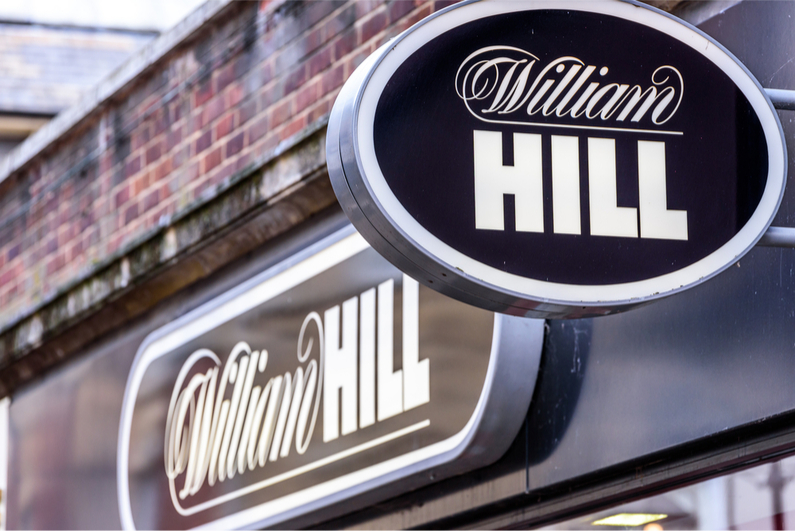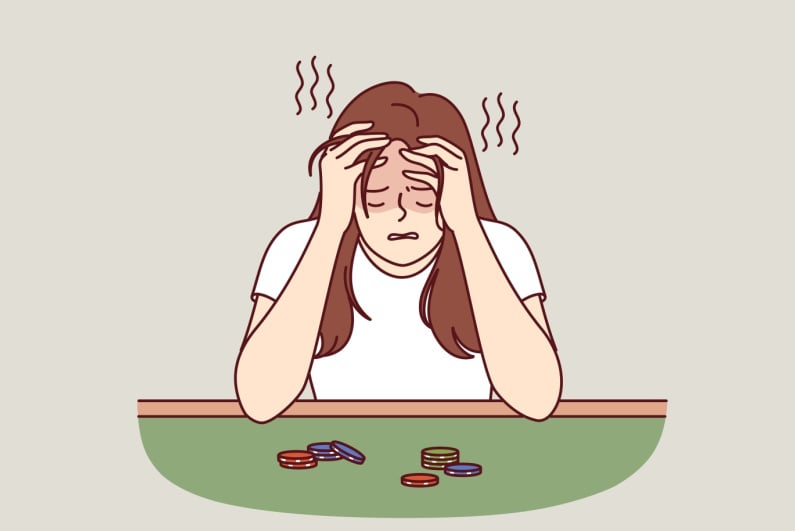30-second summary:
- William Hill donates $50,000 to the Council of Compulsive Gambling of New Jersey
- These funds will go towards an educational video looking at the life of a problem gambler
- William Hill’s donation derives from a civil lawsuit victory over rival FanDuel over copyright infringement
Donation for educational program
William Hill is doing its bit to help those struggling with gambling addiction. It made a $50,000 donation to the Council on Compulsive Gambling of New Jersey.
These funds will help the council in their funding for a campaign that will produce an educational video showing what the family of a problem gambler goes through. It will then help the family to get the proper resources they need to help deal with the situation.
This video will be distributed via social media and through other online platforms, as well as the traditional methods of advertising, such as during movie previews, on radio channels, and on the television.
Reaction to this donation
William Hill’s US CEO Joe Asher said: “We are proud to partner with the Council on Compulsive Gambling of New Jersey on bringing attention to this extremely important issue.When we settled a lawsuit recently, we said a portion of the proceeds would go to an organization that supports people with gambling problems.
“The Council on Compulsive Gambling of New Jersey saw the article about our intentions and reached out to us. We spent a lot of time working on best use and we decided to focus on reaching out to family members of those with a gambling problem. I know from personal experience that family members of problem gamblers can help push those that need help to seeking it.”
The council was happy to receive the donation, which will go a long way. The council focuses on helping problem gamblers; it does not have any stance on either the merits or scourge of gambling.
It aims to spread its message through the video and hopes to alert families that they are not alone with their struggle. The council has a dedicated support team at hand to help them, as well as treatment facilities to aid the problem gamblers themselves. These resources are available around the clock, every day on a 24/7 basis.
The FanDuel lawsuit
The funds for the donation came from the settlement of a lawsuit William Hill brought against FanDuel. This is one of William Hill’s main competitors currently in the nascent US sports betting market.
The civil suit was filed in the federal court in New Jersey. The allegation against FanDuel (a company that is mainly under the ownership of Paddy Power Betfair) was that it had infringed the copyright of a William Hill sports betting guide.
The suit was filed in October 2018 and was settled in January 2019. The settlement sum payment was sent to William Hill on January 2019.
The How to Bet Guide was first published in June 2018, in anticipation of the opening of the first legal sportsbooks in the state.
FanDuel also issued a guide on this topic, which bore many similarities to William Hill’s. It was in the form of a pamphlet available at its Meadowlands Racetrack sportsbooks. A version of it also appeared on FanDuel’s online platform for New Jersey players.
Significant parts of the William Hill guide had been copied almost word for word. This included examples that were exactly the same, down to the specific teams, markets and odds. There was even a mention of William Hill in the FanDuel version of the guide.
In the section on the various sports betting markets on offer, FanDuel referred to the “professional wagers offered by William Hill.” This is what made it a very clearcut case of copyright infringement.
Outcome of the civil suit
William Hill had been pushing for a jury trial in addition to damages for copyright infringement. It sought all of FanDuel’s profits from this guide in addition to court costs and legal fees.
Officials of William Hill clarified that they usually do not pursue such suits unless they are as clearcut as this one. The company pledged that the monies from any settlement would go to good causes.
The case eventually reached the settlement stage, but there has been no disclosure of the specific settlement sum. After the settlement, Asher said the funds would go towards helping problem gamblers, as well as aiding creative writing programs.



